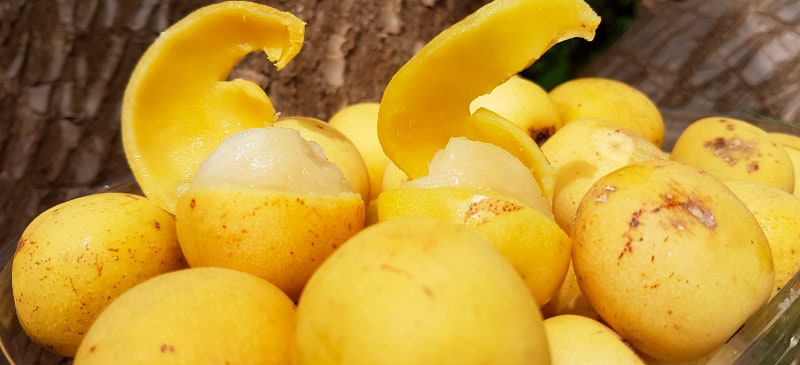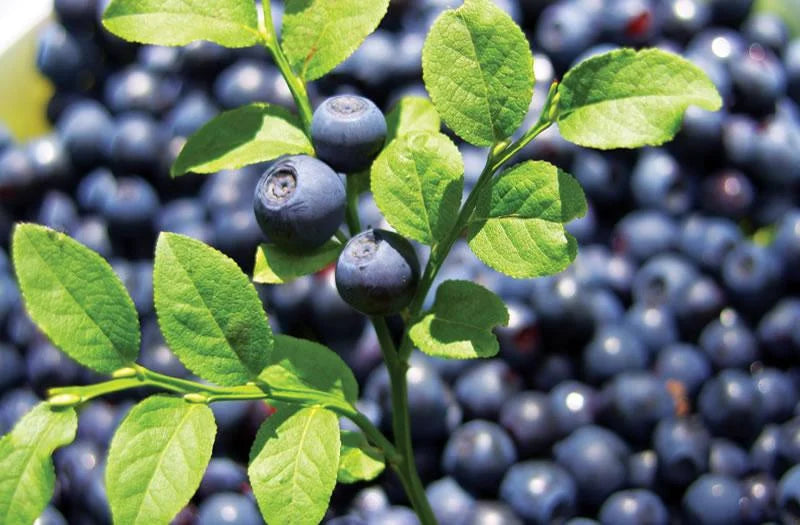
Marula Seed Oil and How It Helps with Acne
What is Marula Seed Oil?
Marula seed oil is a natural oil extracted from the seeds of the marula tree (Sclerocarya birrea), a tree native to several African countries, including South Africa, Namibia, Botswana, Zimbabwe, and Mozambique. The marula tree is known for its fruit, the marula fruit, which is used to produce various products, including oil. Marula seed oil has gained popularity in the cosmetic and skincare industry due to its potential benefits for the skin and hair.
Key characteristics and uses of marula seed oil include:
- Rich in Nutrients: Marula seed oil is high in essential fatty acids, including omega-6 and omega-9 fatty acids, which are beneficial for maintaining healthy skin. It also contains vitamins E and C, as well as other antioxidants.
- Hydration and Moisturization: Marula seed oil is known for its hydrating and moisturizing properties. It can help nourish and soften the skin, making it a valuable ingredient in skincare products, particularly for individuals with dry or dehydrated skin.
- Anti-Aging Benefits: The antioxidants in marula seed oil can help protect the skin from damage caused by free radicals, which can lead to premature aging. Regular use of marula seed oil may contribute to a reduction in the appearance of fine lines and wrinkles.
- Quick Absorption: Marula seed oil is lightweight and easily absorbed by the skin, leaving it soft and smooth without a greasy or heavy feeling.
- Natural Barrier Support: The oil can support the skin's natural barrier function, helping to prevent moisture loss and protect against environmental stressors.
- Soothing and Calming: Marula seed oil has anti-inflammatory properties, which can help soothe irritated or inflamed skin. It can be particularly useful for individuals with sensitive or reactive skin.
- Haircare: In addition to skincare, marula seed oil is also used in haircare products. It can help condition and nourish the hair, improving its overall texture and shine.
- Sustainable Sourcing: Many producers of marula seed oil emphasize sustainable and environmentally friendly practices in the harvesting and production of the oil.
Marula seed oil is typically used in skincare products such as moisturizers, serums, and facial oils.
How Marula Seed Oil helps with acne:
Marula seed oil may provide some benefits for individuals with acne-prone skin. It’s non-greasy and packed with antioxidants, amino acids, and essential fatty acids that moisturize the skin and smooth and soften fine lines. Antimicrobial properties make it suitable for acne-prone skin.
Here's how marula seed oil can be associated with acne management:
- Moisturization: Even acne-prone skin needs proper hydration. Marula seed oil is lightweight and easily absorbed by the skin, making it suitable for providing essential moisture without clogging pores. Adequate hydration can help prevent the skin from overproducing sebum (skin oil), which is a common factor in the development of acne.
- Anti-Inflammatory Properties: Marula seed oil contains antioxidants and anti-inflammatory compounds that can help reduce redness, swelling, and discomfort associated with acne breakouts, particularly inflammatory acne. Lowering inflammation can contribute to the overall improvement of acne-prone skin.
- Supports Skin Barrier: A healthy skin barrier is crucial for preventing moisture loss and protecting the skin from environmental stressors. Marula seed oil can help strengthen the skin's natural barrier, which is important for maintaining skin health, even for individuals with acne.
- Antioxidant Protection: The antioxidants in marula seed oil help protect skin cells from damage caused by free radicals. By reducing this damage, the oil can contribute to skin health and potentially reduce the risk of acne.






